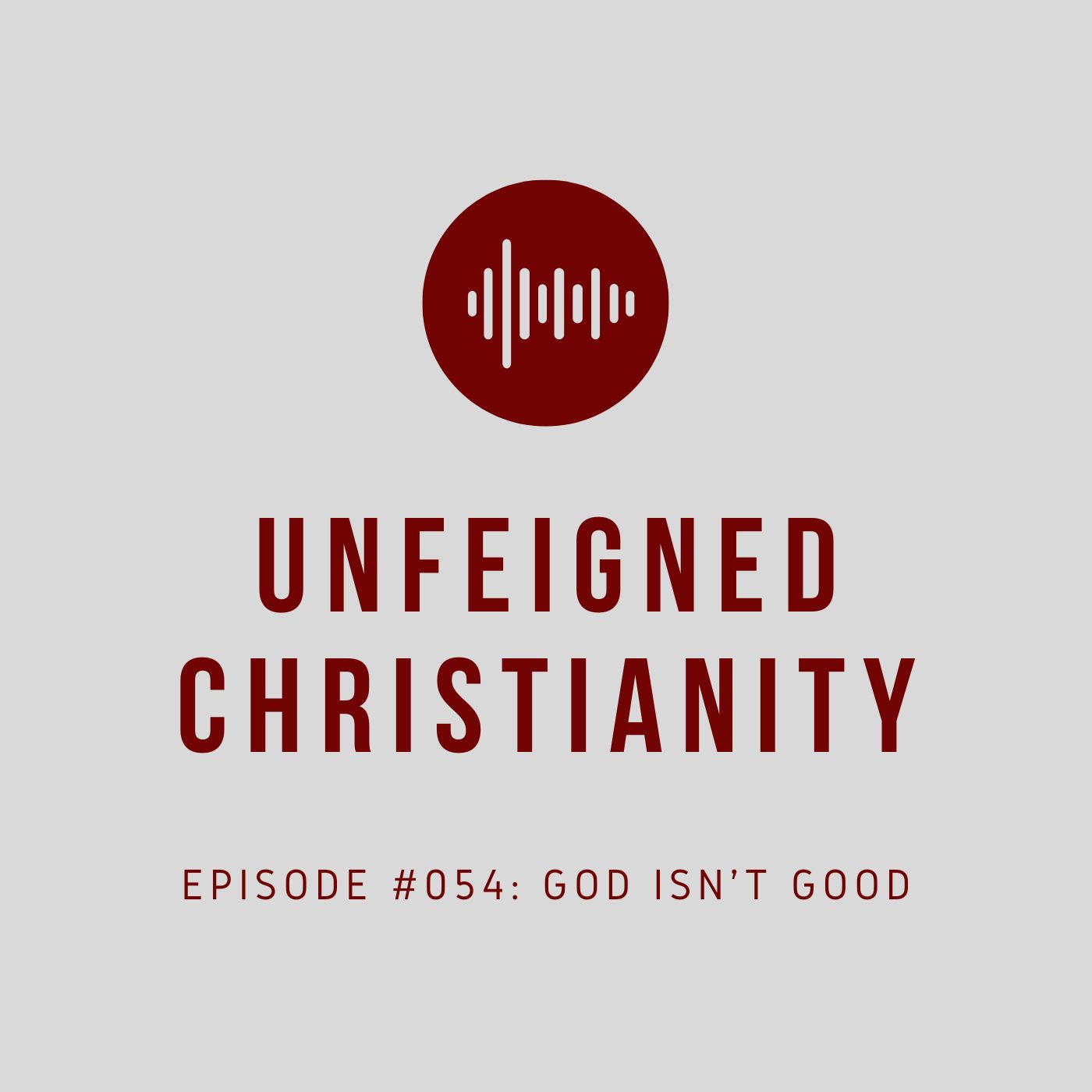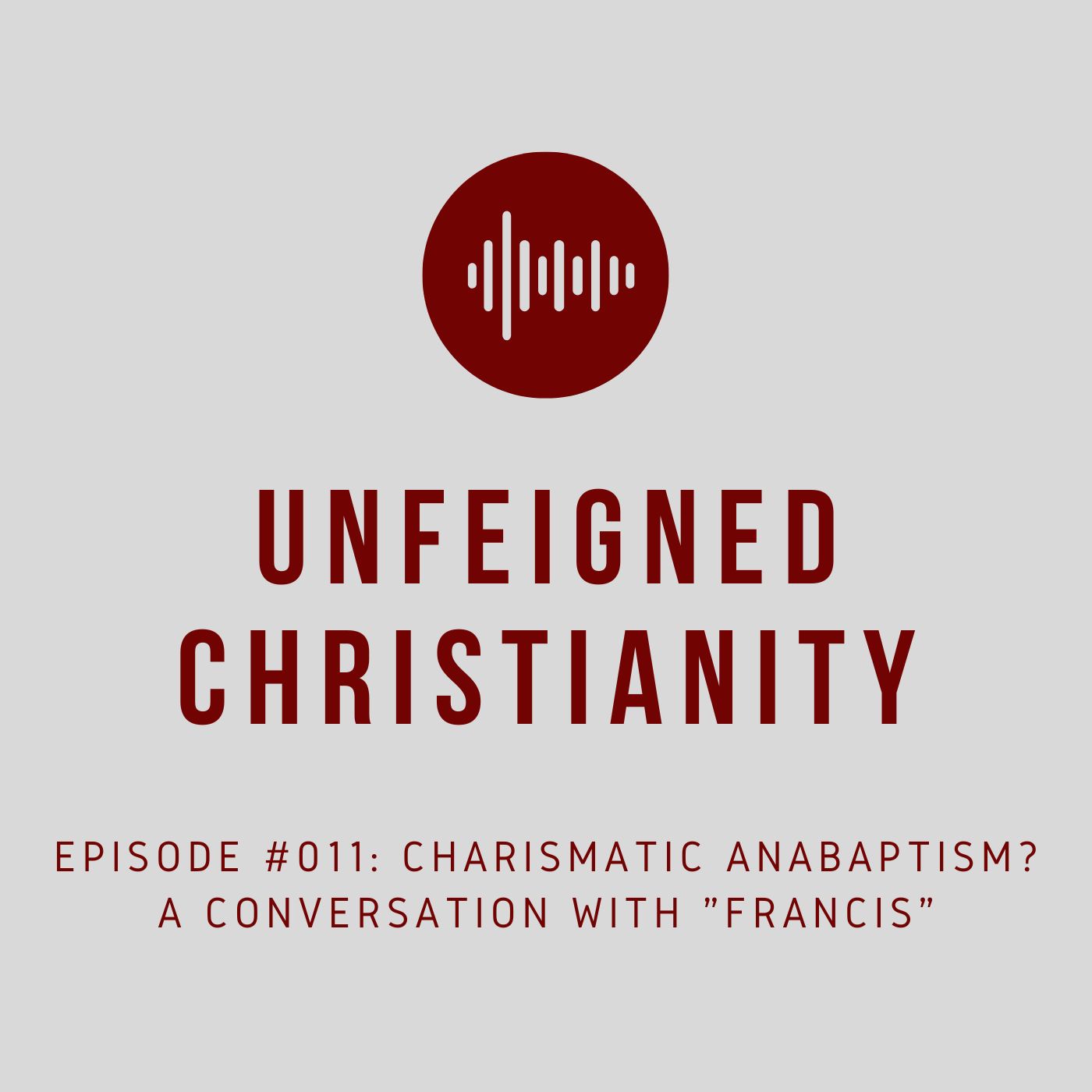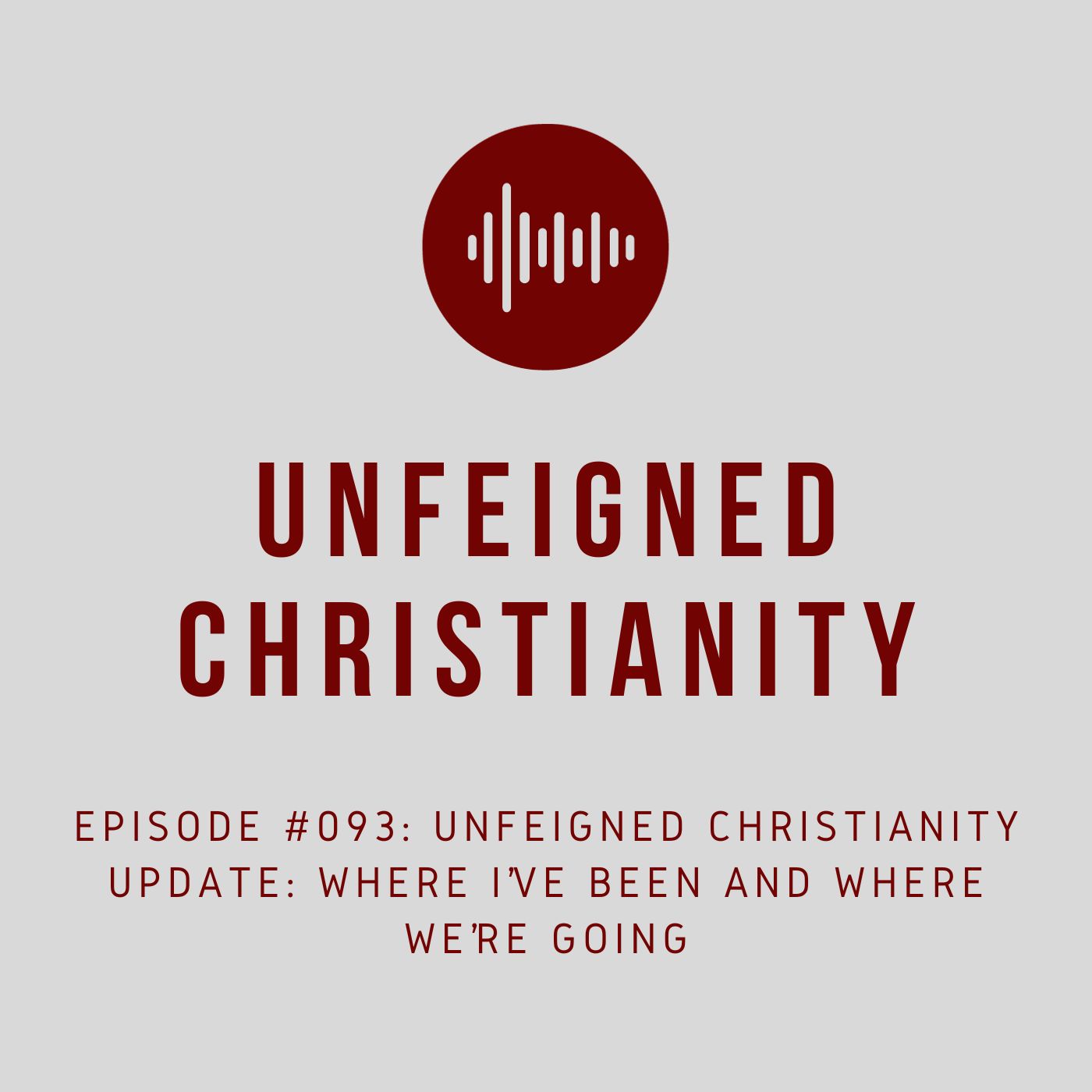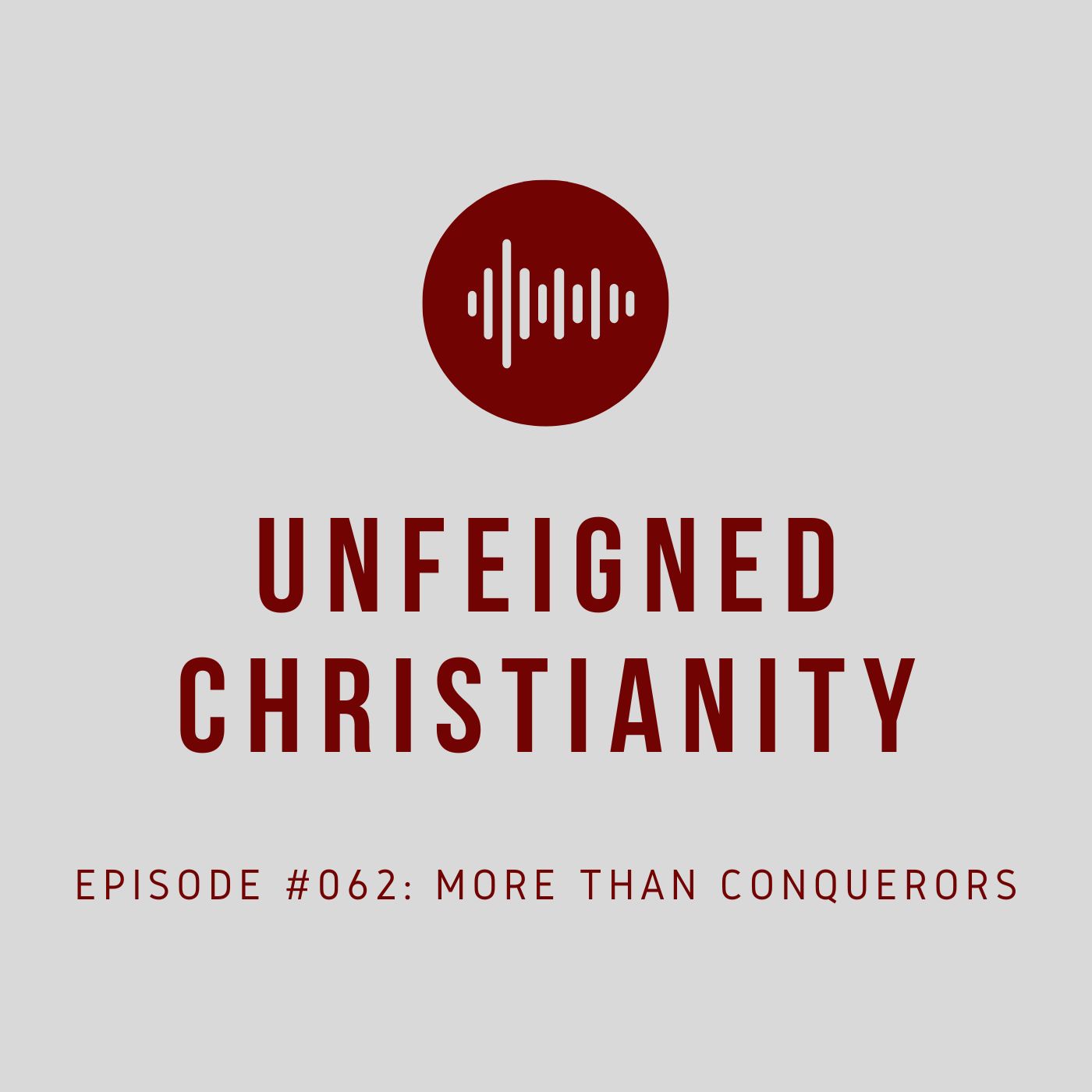Episode Transcript
Speaker 0 00:00:00 Hey friends, Asher Whitmer with Uny Christianity. Back again as we are reviewing my book, Live Free Making Sense of Male Sexuality. Uh, we're doing this in celebration of the four year mark since, since the book has been published, also getting ready for releasing the audio version. I've been listening through audio files and <laugh>. I did not like listening to myself. Um, and so I'm reminded of that again as I listen to myself read the book. But I'm glad I read the book because it, I'm able to give my own expression and, and kind of better help you as a listener understand how I was intending this to sound. Um, one thing as an author is I discover that people read my words differently. No, that's not how you're supposed to read it. You should read it this way. You know, just shapes the, the communication quite a bit.
Speaker 0 00:00:54 I think, um, we'd all benefit from remembering that when, whenever we're on social media or someplace and we're reading people that like, there's a lot going into how we're reading someone and it may not be how they're intended wanting us to read them. Anyways, that's just an observation. As I read through this book, We're ready for chapter seven. God isn't good. And here again, I'm, I'm trying to be clear, trying to be clever <laugh>, but the whole chapter here is agitating or bringing to surface the things that happen in our life that cause us to doubt God's goodness, that cause us to question is God good or, or believe that God isn't good. Um, obviously I, scripture tells us God is good. He loves us. He, he, he wants us to experience his goodness and pursue anything like we're free to pursue life and he's set before us life.
Speaker 0 00:02:01 However, there are things in life that happen and it doesn't feel good. We don't aren't sure if God cares. And, and it's those things that cause us to then struggle with depression, struggle with sin, struggle with all kinds of things, loneliness, despair, uh, um, and, and it, as it concerns the book, this is where we are beginning to get to the root of what causes you to struggle with sexual immorality. If you have an ongoing struggle that you just don't feel like you can overcome, at the bottom of that is probably a question of whether or not God is good. I just recently last night was on the phone with a friend who's wrestling through some, some of his own journey of sexual immorality. And,
Speaker 1 00:02:58 And we were talking about this and just how, you know, he, even though he wants to, to do right, um, it, it feels like he, he can't, he keeps struggling. And one of the things that he said is I, cuz I was asking him like, Why, why did you reach out to me? Like, why do you want help in this area? And really, there, there were two things that kept kind of coming to mind. Is he, he wants to be able to live with a clear conscience, but then he also made the comment, he wants to be able to come to God without feeling like nothing he does is ever good enough. And I'm curious how many of you can identify with that struggle? I know I can, I know that has been in the past something I really struggled with. It can easily become something even now, even as an older, you know, I'm not a teenager anymore.
Speaker 1 00:03:51 I'm not even a young adult, I guess. I don't know, kind of that awkward middle <laugh>, not middle-aged, but like, not young anymore either. But, um, I could still easily slip into this, you know, does God cares, God is God, you know, they're feeling shameful. Like, like I'm not, you know, something I've struggle with a lot right now is just impatience and snapping at my kids, my family, and immediately feel guilty cuz that I love them. I don't wanna do that. Like I don't, I don't know what's making me grumpy right now or, you know, whatever. And, and, you know, have you ever tried to pray after you snapped at your family and it's like it Yeah, just that feeling of not, you know, I'm not good enough for God.
Speaker 1 00:04:45 There's a lot of this, What we're trying to get at is unmasking why it is we have a view of God that he's disapproving of us. And then also why we struggle to just trust, right? Because at the core of sexual immorality, like I'm wanting to express my sexuality in a way different than what God designed. And, and the question we have to ask ourselves is why, Like, why why is that more delightful to us than God's design? And usually the reason is because we, we've, we've begun to wonder if, if God's design is actually that good, like it's God's maybe holding out on us, right? We see that in the story of creation with Adam and Eve. You know, you, you won't die if you eat the fruit. God knows that you'll become like him. And, and this notion that, that you're going to, God wants to keep you from experiencing the, the power, the knowledge, the the life that he has.
Speaker 1 00:05:57 Um, he's holding that away from you. And that's, that's the cosmic struggle we all deal with now. And so at the bottom of any sort of sin struggle is this doubt in God's goodness or this belief that God isn't good. This was probably, I kind of forget, but I felt this way after listening through this chapter again. Like this was the toughest chapter for me to write and for me to go through. I, I share different experiences in my life where I began to believe that, that God doesn't care or that God disapproves of me. I also share some stories from a couple of friends of mine and I talk about other ways in which we might begin to believe or question whether God is good. And one of the most common ways that this happens is through wounds from our parents. And, you know, that's maybe one thing I would do a little bit differently if I wrote this chapter again, is I highlight father wounds.
Speaker 1 00:07:04 That's kind of my story. The two friends that I share about, that's their story as well. Like father wounds were huge for them. But as I have spoken to other men and engaged other men around sexual struggles and around their stories and journeys different, yeah, maybe it wasn't even a sexual struggle, but just this, this struggle to feel close to God and connect with him. I've discovered that guys like guys and wi a few different things. Guys can have wounds from their moms and they can also have wounds from other things. Like not just parents. Women can have wounds from their dads, women can have wounds from their moms. And so I think that's one thing I I state it kind of strongly that like, it's probably gonna come from a wound from your dad. That's not inherently true. At the same time, father wounds are huge.
Speaker 1 00:08:03 Like we as fathers, I'm now a father of four. We are the, the initial picture that our children are getting of God. And it's a horrible picture, right? Like, I don't think any one of us fathers claim to be a perfect representation of God, and yet we are like, we're the first picture that our kids get. And so it it's gonna be broken, it's gonna be faulty and, and it's gonna be a really painful experience for them probably. Now this chapter leaves you low. That's the point. Like, I designed the chapter to leave you low and the next chapter is going to gonna get maybe just kind of stir up that lowness that just feel like, is there any hope? We'll get to the hope like that's built into later chapters. Don't stop after this chapter. But I think it's like sometimes we can short circuit ourselves and we can just refuse to look at painful events or just kind of no, my, you know, just believe the benefit of the doubt.
Speaker 1 00:09:18 You know, my, my parents did their best and that's commendable because the, the goal of any of this is not to push blame on people. It's also not to be like, well, okay, I, I'm not responsible for, for the way I act or for my pain or whatever. Rather the goal is to understand why we feel the way that we do, like, why we feel self condemnation, why we, why we doubt God. And often that is from a wound, it's often from a parent too. And so I would encourage all of us to be willing to go there and be willing to spend time in that. It's not condemning like the, if you haven't addressed this, and this is kind of the first time you've done, you may come away feeling very mixture, anger fr you know, frustration, confusion, like the emotions will get stirred up, that's for sure.
Speaker 1 00:10:22 But that I would suggest that's a good sign. That's not the end, Don't stop there. But that's good to kind of acknowledge the feelings and kind of begin to process through that little bit. But that's not the end. Like there, there is the, the goal is not to condemn our parents. The goal is not to condemn anybody who has caused us pain. The goal is to help us understand where's the leak in our soul that we're, we're like, we, we desperately gotta keep something filling up because there's, you know, there's this, this ache within us that makes us feel empty or disparaging or like we don't have any self worth. And sometimes the wounds can be wounds of absence, wounds of almost like mediocrity. It's like, yeah, you didn't have a good, great parent, that you have a bad parent. Like you're not gonna condemn them.
Speaker 1 00:11:23 They did their best. And sometimes it can just be the silence of, you know, I was, as a young adult, like I, I faced some major decisions in my life and my parents were just aloof. Like they didn't, you know, I, I know they loved me, but I really felt left alone. Like I had to figure this out on my own. And I, I have personally talked with people where that that'll bring them to tears. Like an agonizing pain of just a loneliness and struggle of needing to try to navigate life you're sent out from your home at 18 or whatever, whatever age it is that can be really painful and it's going to impact how you feel about yourself. It's going to impact the subtle things you begin to do under the radar to feel better. And one of those things is we gravitate towards sex because sexual arousal, sexual excitement, releases chemicals in our body that makes us feel good, makes us feel pleasurable, makes us relax, makes us feel at ease, makes us feel on top of our world.
Speaker 1 00:12:39 And we're getting a little bit ahead of ourselves here now. But, but that's kind of what this chapter is talking about. I would love to hear your feedback. Again, I don't really have anything I change, like some of the style of writing and the way that I write and tell stories and interact with scripture. I would, I'd hope that if, you know, my next book will show that I have matured, but I don't really see anything that I would say differently. So I'd love to hear your fate back. Leave a comment below or send me a message and we'll see you. Tomorrow is chapter eight. Let me see what the title is. I think it's Mud Pies in a In the Slum or a Holiday at the Beach. Yeah, that's what it is. I do remember these chapters. <laugh> we'll see you tomorrow.




